Home>Articles>How To Store Carrots And Celery In Refrigerator
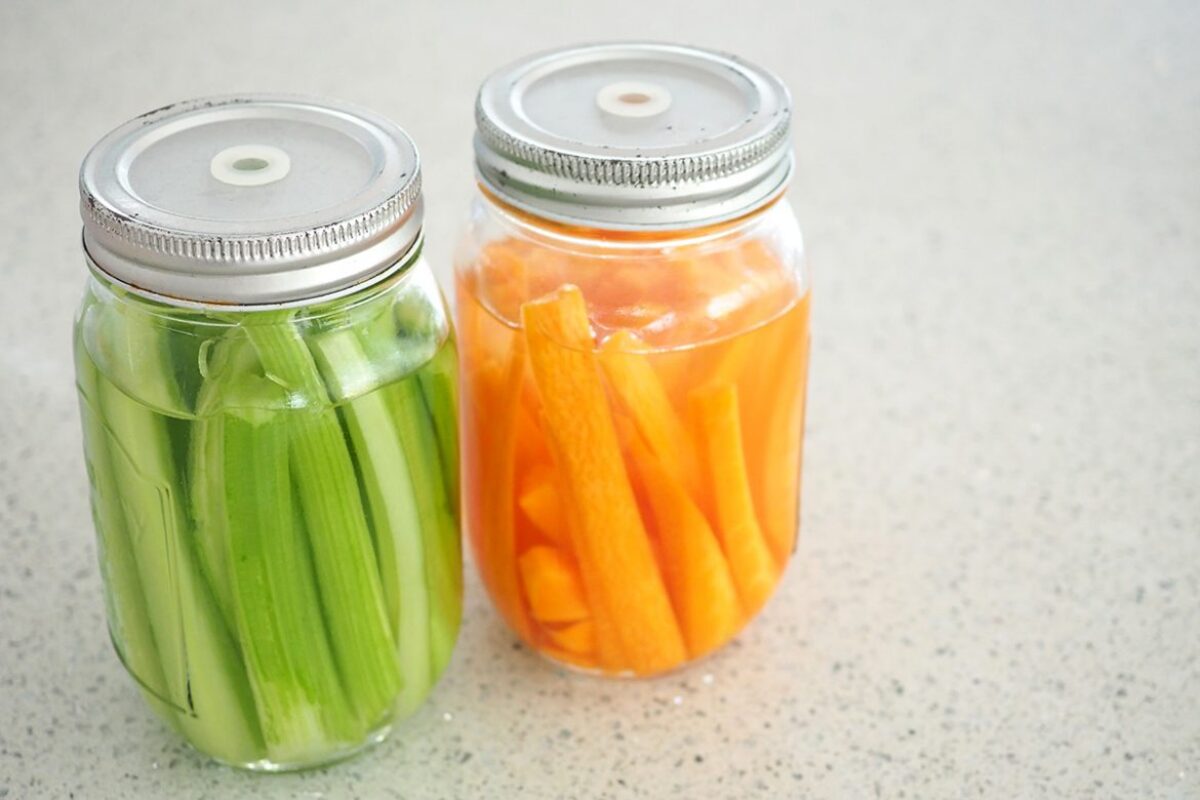

Articles
How To Store Carrots And Celery In Refrigerator
Modified: February 24, 2024
Learn how to properly store carrots and celery in the refrigerator to keep them fresh and crisp. Read our informative articles on the best storage methods for these vegetables.
(Many of the links in this article redirect to a specific reviewed product. Your purchase of these products through affiliate links helps to generate commission for Storables.com, at no extra cost. Learn more)
Introduction
Welcome to our guide on how to store carrots and celery in the refrigerator. Proper storage of these vegetables is essential to maintain their freshness, crispness, and nutritional value. Whether you grow your own carrots and celery or purchase them from the grocery store, knowing the right techniques for storing them can help extend their shelf life and ensure that they stay vibrant and delicious for longer periods.
Carrots and celery are versatile vegetables that are commonly used in a wide variety of dishes. They add flavor, texture, and color to soups, stews, salads, and stir-fries. However, if not stored correctly, these vegetables can quickly lose their freshness and become limp and unappetizing. That’s why it’s crucial to understand the proper temperature and humidity requirements for storing carrots and celery to maintain their quality and prolong their shelf life.
In this guide, we will discuss the ideal storage conditions for carrots and celery, along with step-by-step instructions to help you prepare and store them in the refrigerator. Additionally, we will provide some helpful tips and common mistakes to avoid to ensure that your carrots and celery stay fresh and crisp for as long as possible. Let’s dive in!
Key Takeaways:
- Proper storage of carrots and celery in the refrigerator is crucial for maintaining their freshness, crispness, and nutritional value, ensuring vibrant flavors and textures for longer periods.
- Storing carrots and celery separately, using breathable containers, and avoiding common mistakes can maximize their freshness, reduce waste, and provide versatile vegetables for culinary creations.
Read more: How To Store Celery And Carrots
Importance of Proper Storage
Properly storing carrots and celery is crucial for several reasons. Firstly, it helps to maintain their freshness and crispness, ensuring that they retain their flavor and nutritional value. Carrots and celery contain essential vitamins, minerals, and antioxidants that are beneficial for our health. By storing them correctly, we can maximize their nutrient content and enjoy their full health benefits.
Secondly, proper storage helps to prevent spoilage and food waste. When carrots and celery are stored improperly, they can quickly become wilted, soft, and moldy. This not only affects their taste and texture but can also be a breeding ground for harmful bacteria. By storing them correctly, we can prolong their shelf life and reduce unnecessary food waste.
Additionally, proper storage allows us to enjoy carrots and celery for an extended period. Whether you use them in your daily cooking or like to have them as snacks, storing them properly ensures that they remain fresh and ready to use whenever you need them. It also allows you to take advantage of bulk purchases or seasonal harvests by storing them for future use.
Lastly, proper storage helps with meal planning and preparation. By having fresh carrots and celery readily available in the refrigerator, you can easily incorporate them into your recipes without the worry of having to make last-minute trips to the grocery store. This not only saves time but also allows you to maintain a healthy diet by having these nutritious vegetables on hand.
Overall, proper storage of carrots and celery is essential for maintaining their freshness, minimizing waste, maximizing their nutritional benefits, and facilitating meal planning and preparation. By following the guidelines and techniques outlined in this guide, you can ensure that your carrots and celery stay fresh and delicious for as long as possible.
Temperature and Humidity Requirements
The proper temperature and humidity play a vital role in preserving the freshness and quality of carrots and celery. These vegetables have specific requirements that need to be considered when storing them in the refrigerator.
Carrots prefer cool temperatures ranging between 32°F (0°C) and 40°F (4°C). It is important to store them away from ethylene-producing fruits like apples, pears, and bananas as exposure to this gas can cause carrots to become bitter and spoil quickly. Carrots also require high humidity levels to prevent them from drying out. Aim for a humidity level of at least 90% to maintain their crunchiness and prevent them from becoming limp.
Celery, on the other hand, prefers slightly lower temperatures than carrots. Ideally, it should be stored at around 32°F (0°C) to 36°F (2°C). Celery is highly sensitive to ethylene gas, so it is important to keep it away from ethylene-producing fruits and vegetables. Celery also benefits from high humidity levels to retain its crispness and prevent it from becoming rubbery. Aim for a humidity level of around 95% to ensure the best storage conditions.
To maintain the appropriate humidity levels, you can use methods such as storing carrots and celery in perforated plastic bags or placing them in the vegetable crisper drawer of your refrigerator. These techniques help to retain moisture while allowing for proper airflow, preventing the vegetables from drying out or becoming too moist.
It is important to note that temperature and humidity requirements may vary slightly depending on the freshness of the carrots and celery, as well as the specific storage conditions of your refrigerator. Therefore, it is always a good practice to regularly check the condition of your stored vegetables and make any necessary adjustments to ensure optimal storage conditions.
By understanding and providing the appropriate temperature and humidity requirements, you can extend the shelf life of your carrots and celery, keeping them fresh, crisp, and ready to use for longer periods.
Prepping Carrots and Celery for Storage
Before storing carrots and celery in the refrigerator, proper preparation is essential to ensure optimal storage conditions and maintain their freshness. Here are some steps to follow when prepping these vegetables for storage:
1. Choose fresh and healthy produce: Select carrots and celery that are firm, free from blemishes, and have vibrant colors. Avoid carrots with soft spots or signs of mold and celery that is wilted or has yellowing leaves.
2. Trim the tops: Remove the green leafy tops from your carrots, as they can draw moisture from the root, causing them to wilt faster. For celery, trim any leafy tops and discard or use them for garnishes or in stocks and soups.
3. Rinse with cold water: Rinse carrots and celery under cold water to remove any dirt or debris. Gently scrub them with a soft brush if needed, being careful not to damage the skin.
4. Dry thoroughly: After rinsing, make sure to pat the carrots and celery dry with a clean kitchen towel or paper towels. Removing excess moisture helps prevent the growth of bacteria and reduces the chances of spoilage.
5. Optional: Cut or chop: Depending on your preference, you can leave the carrots and celery whole or cut them into smaller pieces. If you choose to chop them, consider the intended use and size requirements. It’s best to store them in a way that minimizes extra air exposure to maintain their freshness.
By following these simple steps, you can ensure that your carrots and celery are prepped and ready for proper storage in the refrigerator. Taking the time to prepare them correctly will significantly contribute to maintaining their quality and extending their shelf life.
Storing Carrots in the Refrigerator
Carrots can be stored in the refrigerator to maintain their freshness and extend their shelf life. Follow these steps to store carrots effectively:
1. Choose the right container: Select a breathable container such as a perforated plastic bag or airtight container with holes. This allows for proper airflow and prevents excess moisture buildup, which can lead to rotting.
2. Line the container: If using a plastic bag or container, consider lining it with a paper towel or cloth to absorb excess moisture and keep the carrots dry. This helps prevent rotting and extends their freshness.
3. Place the carrots in the container: Arrange the carrots in a single layer in the container, ensuring that they are not overcrowded. Overcrowding can lead to increased moisture and decreased airflow, causing the carrots to spoil quickly.
4. Store in the vegetable crisper drawer: The vegetable crisper drawer is an ideal location in the refrigerator for storing carrots. It provides the right humidity levels and temperature, preventing them from drying out or becoming too cold.
5. Check regularly: Periodically check the carrots for any signs of spoilage, such as mold or soft spots. Remove any damaged carrots promptly to prevent them from affecting the others.
6. Avoid storing with certain fruits and vegetables: Carrots are sensitive to ethylene gas, which is released by certain fruits and vegetables. Keep carrots away from ethylene-producing produce like apples, pears, and bananas, as this can cause them to become bitter and spoil faster.
By following these steps and providing the proper storage conditions, you can keep your carrots fresh and crisp in the refrigerator for an extended period. Remember to check them regularly and use them within a reasonable timeframe to enjoy their optimal flavor and quality.
To store carrots and celery in the refrigerator, first remove any leafy tops from the vegetables. Then, place them in a plastic bag with a paper towel to absorb excess moisture, and store in the crisper drawer. This will help keep them fresh and crisp for longer.
Read more: How To Store Carrots And Celery
Storing Celery in the Refrigerator
Celery can be stored in the refrigerator to maintain its crispness and prolong its shelf life. Follow these steps to store celery effectively:
1. Trim and separate stalks: Start by trimming any leafy tops from the celery stalks. Next, separate the stalks from the bunch to ensure even airflow and prevent moisture buildup.
2. Rinse and dry: Give the celery stalks a quick rinse under cold water to remove any dirt or debris. Pat them dry with a clean kitchen towel or paper towels to remove excess moisture.
3. Wrap in damp paper towels: To help maintain moisture, wrap the celery stalks in damp paper towels. This helps to prevent them from drying out and becoming rubbery.
4. Place in a plastic bag or airtight container: Place the wrapped celery stalks in a plastic bag or airtight container with holes for proper airflow. This ensures that the celery stays fresh and crisp without excess moisture buildup.
5. Store in the vegetable crisper drawer: The vegetable crisper drawer is the ideal location in the refrigerator for storing celery. It provides the right humidity levels to maintain its crispness and prevent it from wilting.
6. Check regularly: Periodically check the celery for any signs of spoilage, such as discoloration or limpness. Remove any damaged or wilting stalks promptly to prevent them from affecting the rest of the celery.
7. Keep away from ethylene-producing produce: Celery is highly sensitive to ethylene gas, so it’s essential to store it away from fruits and vegetables that produce ethylene, such as apples, bananas, and pears. Ethylene exposure can cause the celery to become limp and lose its crispness.
By following these steps and providing the proper storage conditions, you can keep your celery fresh and crisp in the refrigerator for an extended period. Remember to check it regularly and use it within a reasonable timeframe to enjoy its optimal flavor and texture.
Tips for Prolonging Freshness
To prolong the freshness of carrots and celery in the refrigerator, consider following these tips:
1. Keep them separate: To prevent cross-contamination and maintain optimal freshness, store carrots and celery separately. They have different humidity requirements, and storing them together can cause one to spoil faster than the other.
2. Store unwashed: It is best to store carrots and celery unwashed until you are ready to use them. Washing them prematurely can introduce excess moisture, leading to faster spoilage.
3. Remove excess moisture: Before storing, make sure to pat dry the carrots and celery to remove any excess moisture. Excess moisture can lead to rotting and spoilage.
4. Use vegetable bags or containers: Store carrots and celery in perforated plastic bags or airtight containers with holes to allow for proper airflow. This helps to maintain the right humidity levels and prevent moisture buildup.
5. Regularly check and remove damaged pieces: Check your stored carrots and celery regularly for any signs of spoilage, such as mold, soft spots, or wilting. Remove any damaged pieces promptly to prevent them from affecting the rest.
6. Avoid overcrowding: Do not overcrowd the storage container or drawer. Overcrowding can restrict airflow and lead to moisture buildup, causing the vegetables to spoil more quickly. Ensure that there is enough space for air circulation.
7. Use within a reasonable timeframe: While proper storage can help prolong the freshness of carrots and celery, it’s important to use them within a reasonable timeframe for the best flavor and texture. Freshness may vary depending on their initial quality and storage conditions.
8. Consider blanching and freezing: If you have an abundance of carrots or celery that you can’t use within their freshness period, consider blanching them briefly in boiling water and then freezing them in airtight containers or freezer bags. This can extend their lifespan for several months.
By following these tips, you can maximize the freshness and shelf life of your carrots and celery in the refrigerator. These simple steps will help you enjoy crisp and flavorful vegetables whenever you need them for your culinary creations.
Common Mistakes to Avoid
When it comes to storing carrots and celery in the refrigerator, there are some common mistakes that can negatively impact their freshness and quality. By being aware of these mistakes, you can avoid them and ensure the optimal storage conditions for your vegetables:
1. Storing them together: Carrots and celery have different storage requirements, especially when it comes to humidity. Storing them together can lead to moisture imbalance, causing faster spoilage. It’s best to store them separately to maintain their individual freshness and quality.
2. Washing them before storage: Although it’s important to rinse carrots and celery to remove dirt and debris, it’s best to store them unwashed. Excess moisture can accelerate spoilage, so wait to wash them until right before using them.
3. Using plastic bags without holes: While plastic bags can be convenient for storing vegetables, using sealed bags without any ventilation can create excessive moisture buildup. Opt for perforated plastic bags or airtight containers with holes to allow for proper airflow.
4. Overcrowding the storage container: Overcrowding carrots and celery in storage containers or the vegetable crisper drawer restricts airflow and increases moisture accumulation. Ensure that there is enough space for the vegetables to breathe and maintain optimal freshness.
5. Ignoring signs of spoilage: It’s important to regularly check your stored carrots and celery for any signs of spoilage, such as mold, soft spots, or wilting. Remove any damaged pieces promptly to prevent them from affecting the rest.
6. Storing them near ethylene-producing fruits: Carrots and celery are sensitive to ethylene gas, which is produced by certain fruits like apples, pears, and bananas. Placing them near these fruits can cause bitterness and spoilage. Keep them separate to avoid this issue.
7. Not using them within a reasonable timeframe: While proper storage can extend the shelf life of carrots and celery, they still have a limited freshness period. It’s important to use them within a reasonable timeframe to enjoy their optimal flavor, texture, and nutritional value.
By avoiding these common mistakes, you can maintain the freshness and quality of your carrots and celery for an extended period, ensuring that you make the most of these versatile and nutritious vegetables.
Frequently Asked Questions (FAQs)
Here are some frequently asked questions about storing carrots and celery in the refrigerator:
1. Can I store carrots and celery together in the same container?
It’s best to store carrots and celery separately because they have different humidity requirements. Storing them together can lead to moisture imbalance and faster spoilage. Keep them in separate containers to maintain their individual freshness and quality.
2. How long can I store carrots and celery in the refrigerator?
The storage time can vary depending on the freshness of the vegetables and the conditions of your refrigerator. Generally, carrots can be stored for 2 to 4 weeks, while celery can stay fresh for about 1 to 2 weeks. It’s essential to check them regularly for any signs of spoilage and use them within a reasonable timeframe for the best flavor and texture.
3. Can I freeze carrots and celery?
While it’s not recommended to freeze raw carrots and celery due to their high water content, you can blanch them briefly in boiling water before freezing. Blanching helps to retain their texture and color. After blanching, cool them quickly in ice water, pat them dry, and then transfer them to airtight containers or freezer bags. Frozen carrots and celery can last for several months in the freezer.
4. Can I store cut or chopped carrots and celery in the refrigerator?
While it’s best to store carrots and celery whole for better freshness, you can store cut or chopped pieces. Ensure they are stored in airtight containers or sealed plastic bags to minimize moisture loss and maintain their crispness. However, cut or chopped vegetables tend to spoil faster, so it’s recommended to use them within a few days.
5. How can I tell if the carrots and celery have gone bad?
Look for signs of spoilage such as mold, discoloration, soft spots, or a slimy texture. Additionally, carrots may become limp, while celery may wilt or develop a rubbery texture when they have gone bad. If in doubt, always discard any vegetables that appear to be spoiled.
6. Can I store carrots and celery at room temperature?
Carrots and celery are best stored in the refrigerator to maintain their freshness and crispness. Room temperature storage can lead to faster spoilage and loss of quality. It is recommended to store them in the refrigerator to prolong their shelf life.
Remember that these answers serve as general guidelines, and the specific storage times may vary depending on various factors. Assess the condition of your carrots and celery regularly and use your judgment to determine their freshness and quality.
Read more: How To Store Cut Celery And Carrots
Conclusion
Properly storing carrots and celery in the refrigerator is essential to maintain their freshness, crispness, and nutritional value. By understanding the temperature and humidity requirements, prepping them correctly, and following the right storage techniques, you can extend their shelf life and enjoy their vibrant flavors and textures for longer periods.
Remember to store carrots and celery separately to ensure the ideal humidity conditions for each vegetable. Use breathable containers, like perforated plastic bags or airtight containers with holes, to allow for proper airflow and prevent moisture buildup. Check your stored vegetables regularly for any signs of spoilage and remove any damaged pieces promptly.
Avoid common mistakes, such as storing them together, washing them before storage, using sealed plastic bags without ventilation, and overcrowding the storage container. Keep them away from ethylene-producing fruits and vegetables to prevent flavor changes and spoilage. Use the vegetables within a reasonable timeframe to maximize their freshness and nutritional benefits.
By following these guidelines and incorporating our tips and suggestions, you can prolong the shelf life of your carrots and celery, reduce waste, and have these versatile vegetables readily available for your culinary creations. Enjoy the crispness, flavor, and nutrition that fresh carrots and celery bring to your meals, and elevate your cooking to new heights!
Frequently Asked Questions about How To Store Carrots And Celery In Refrigerator
Was this page helpful?
At Storables.com, we guarantee accurate and reliable information. Our content, validated by Expert Board Contributors, is crafted following stringent Editorial Policies. We're committed to providing you with well-researched, expert-backed insights for all your informational needs.
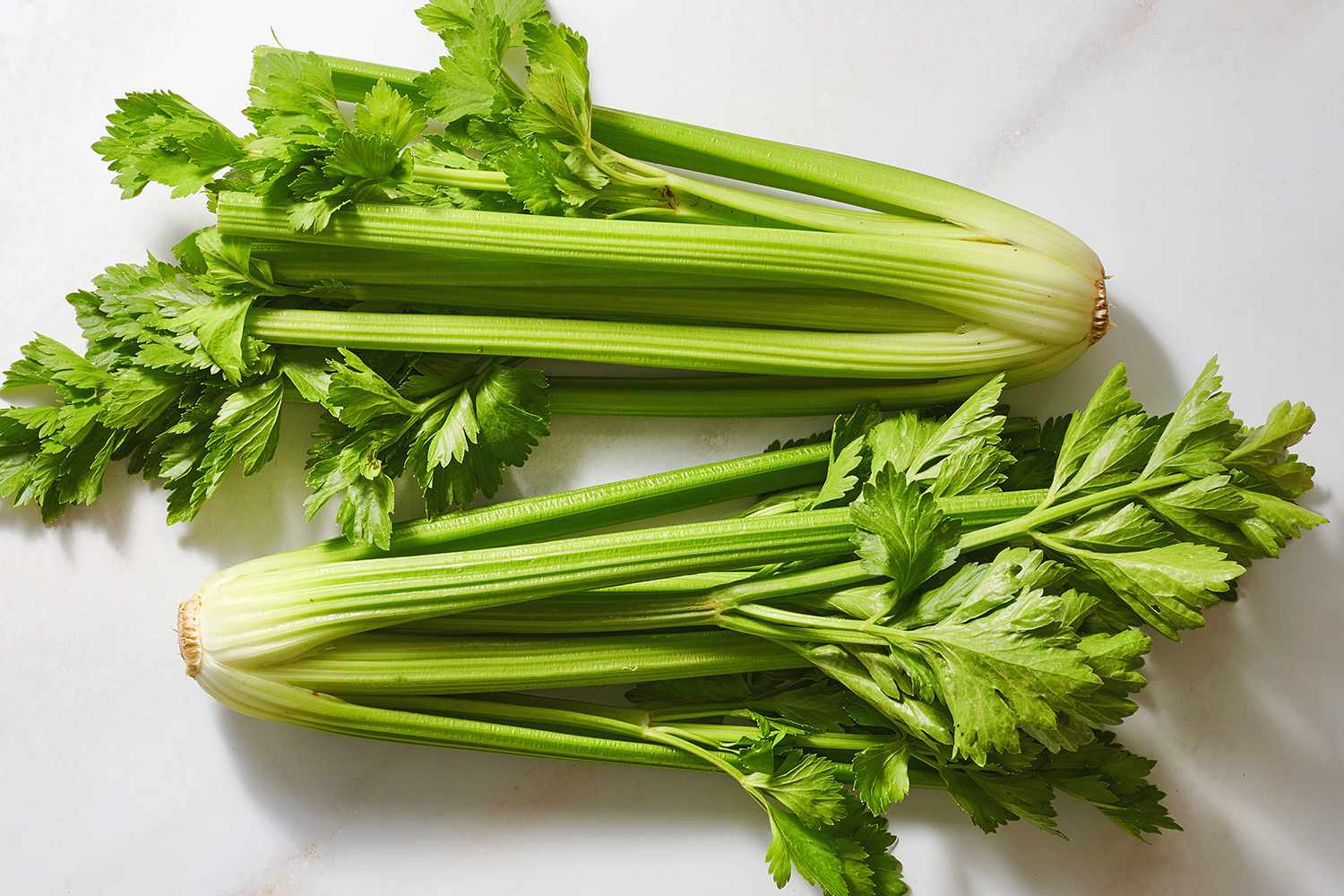
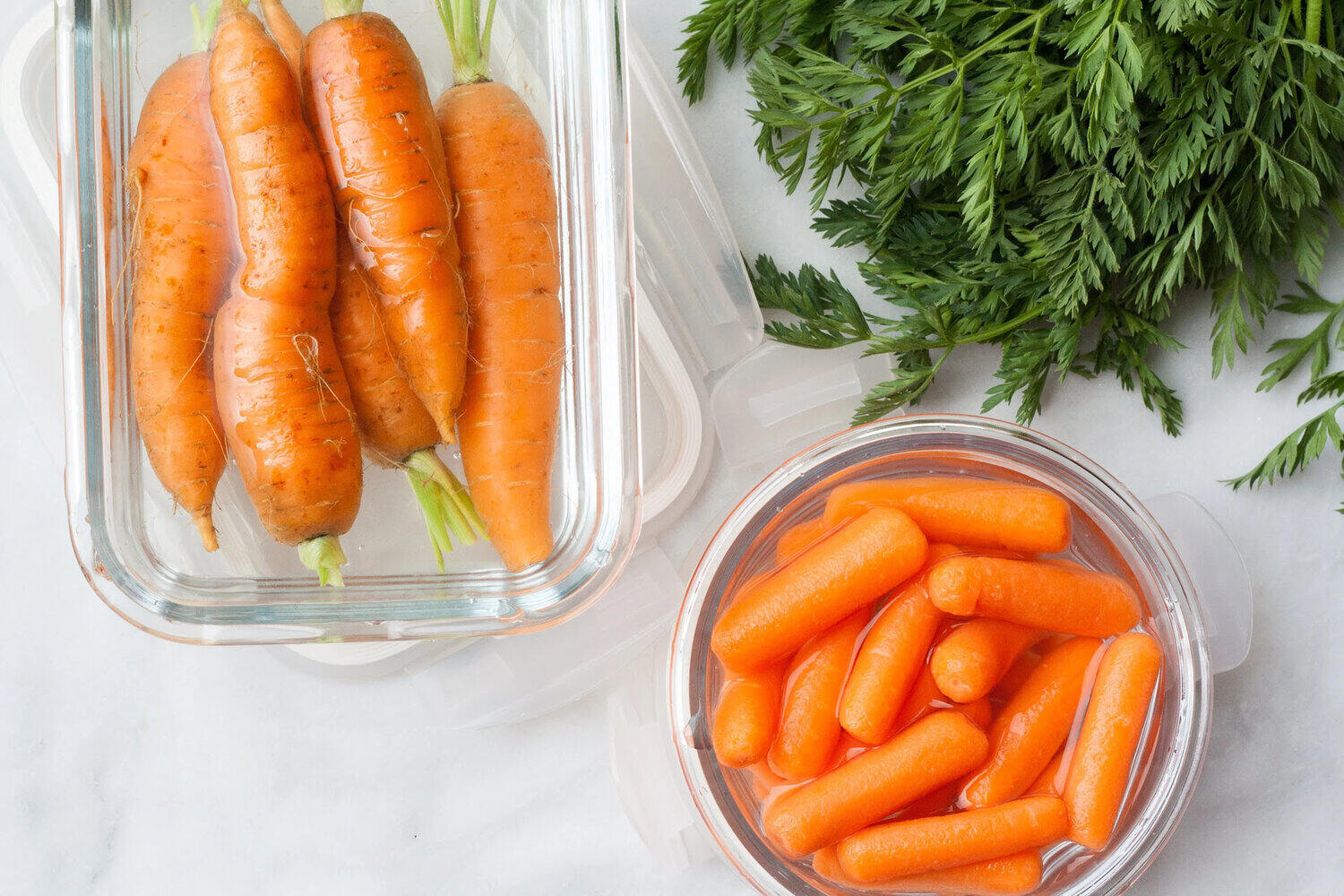
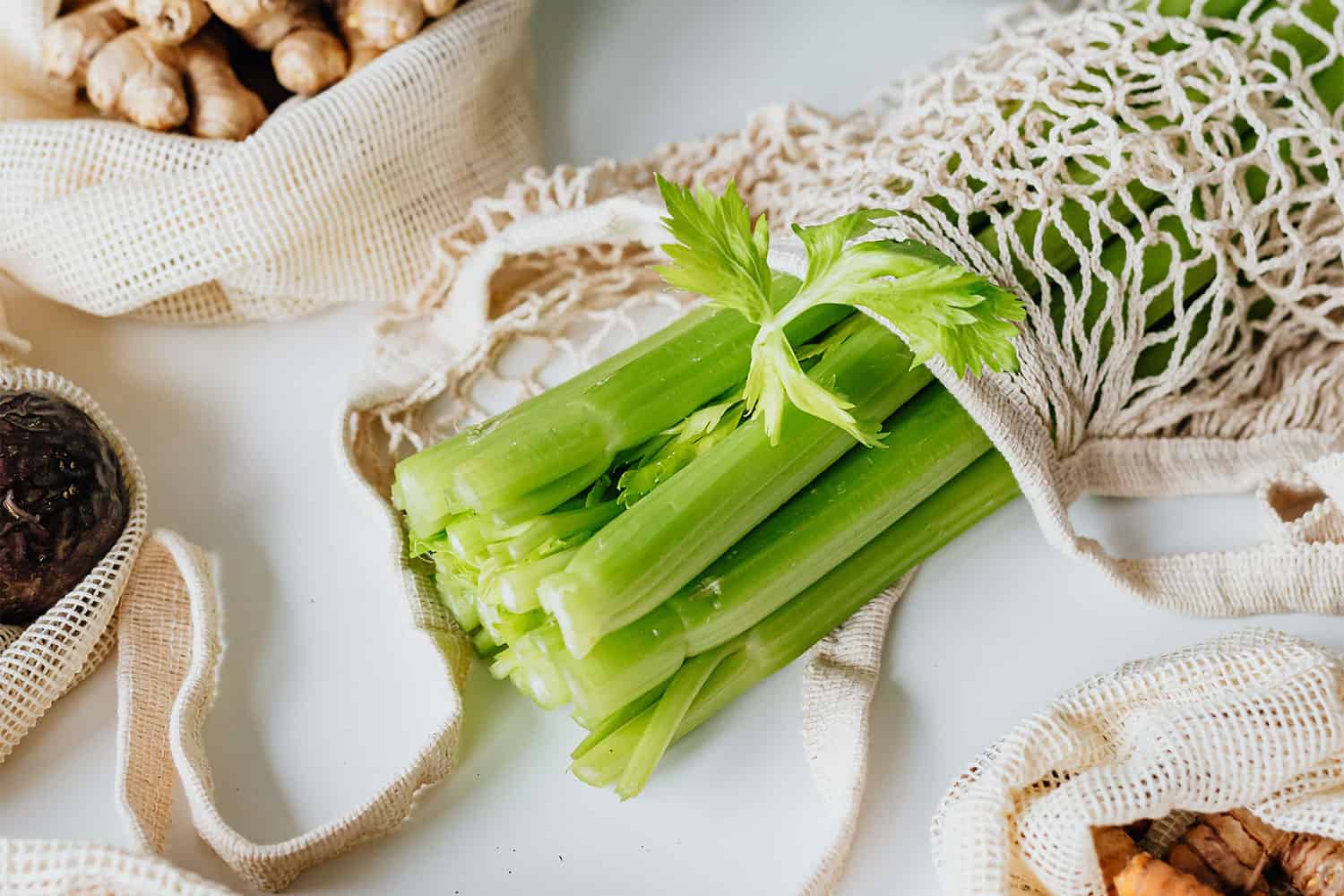
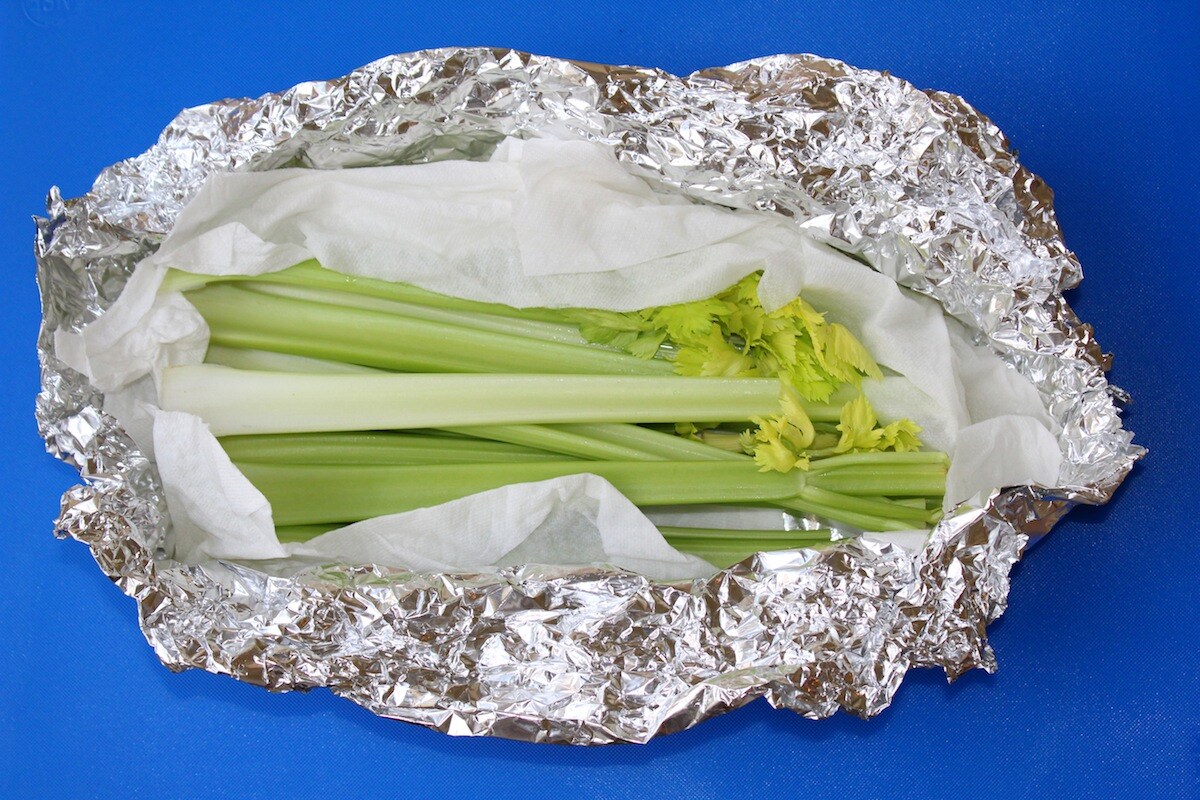
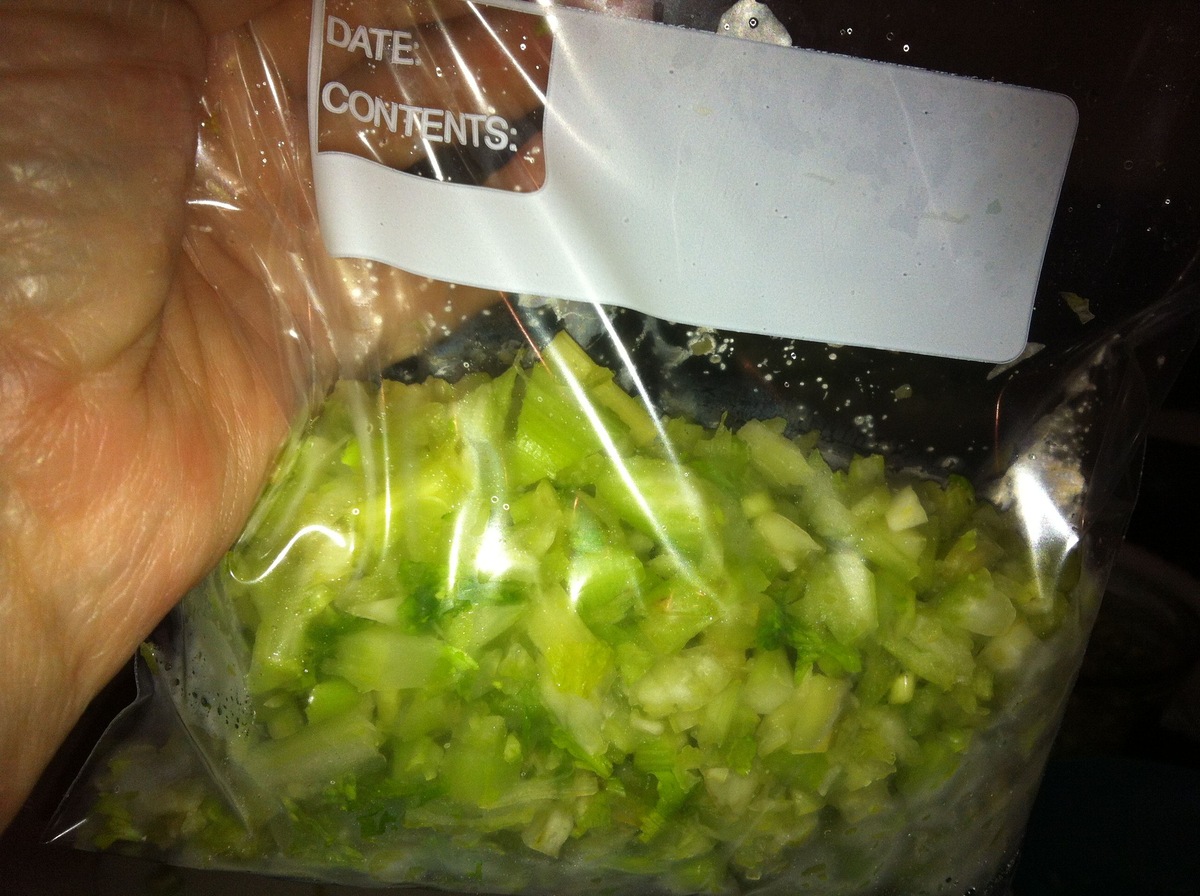

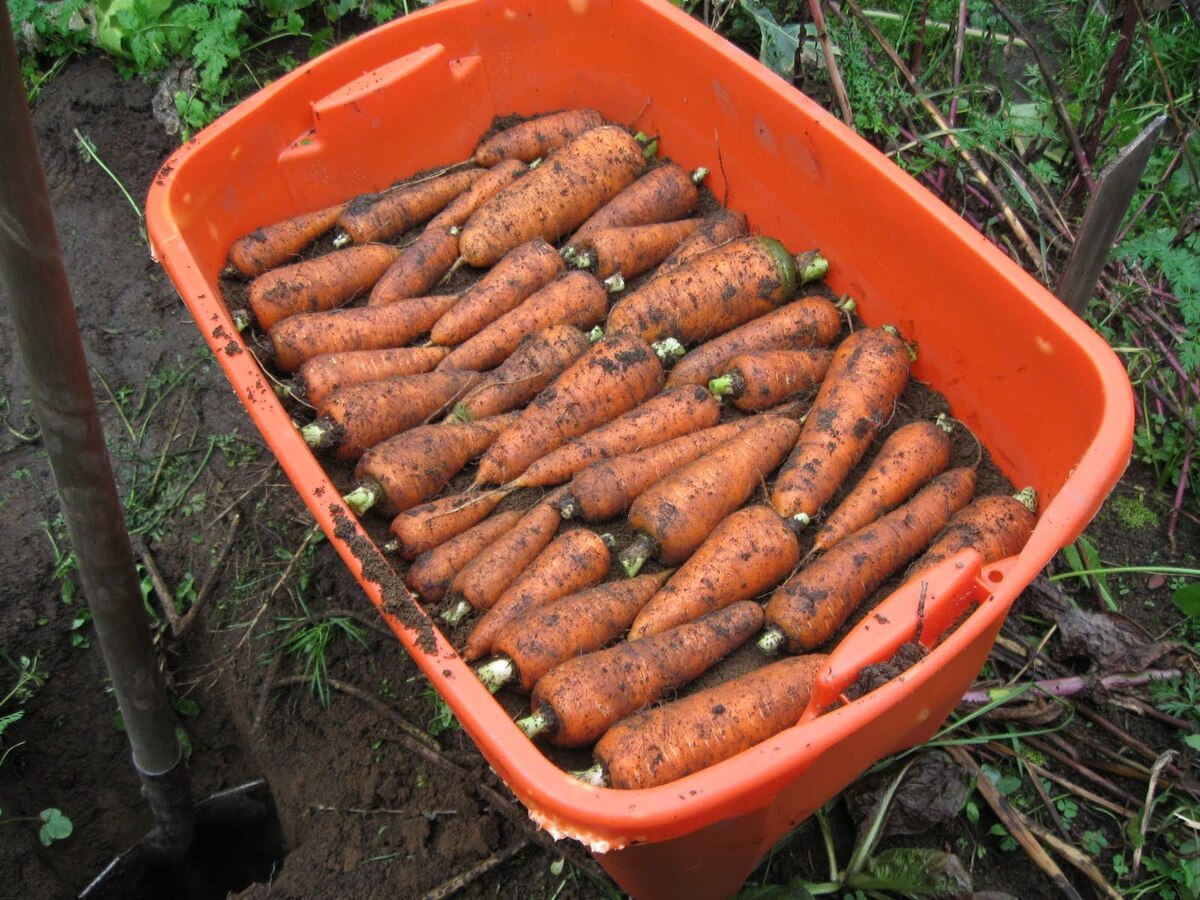
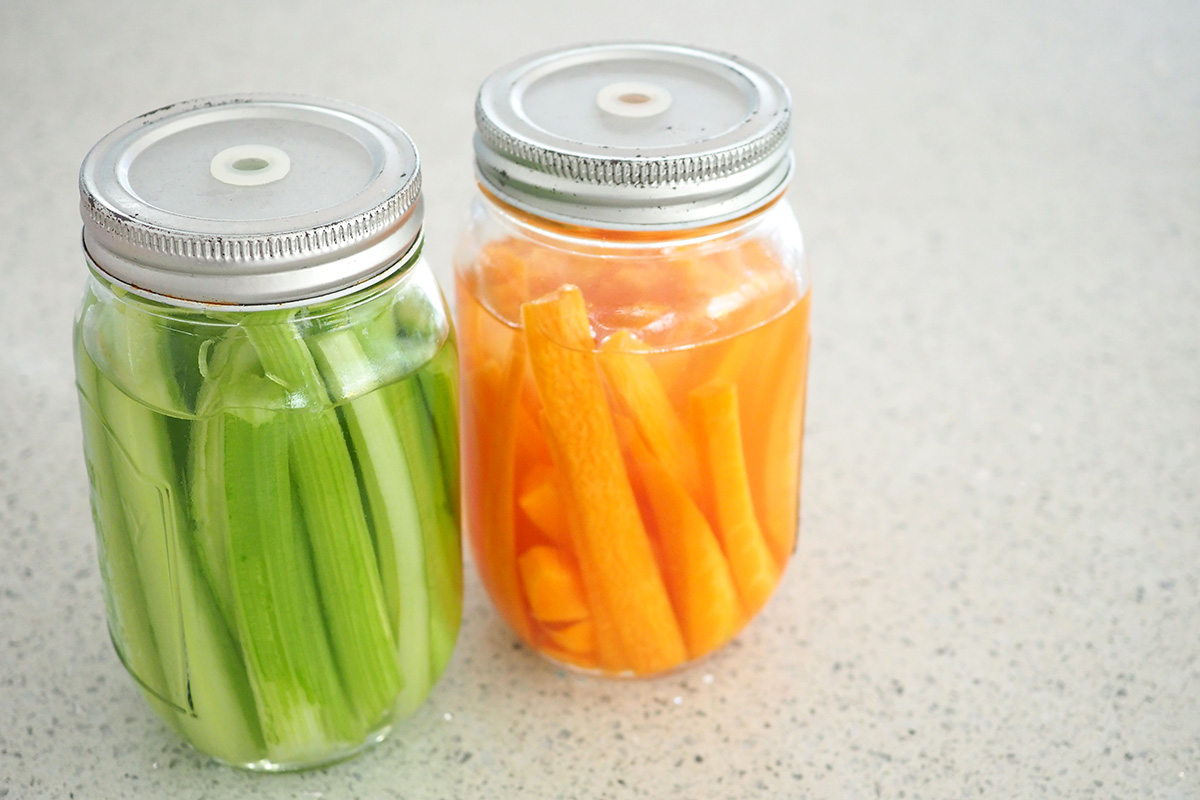
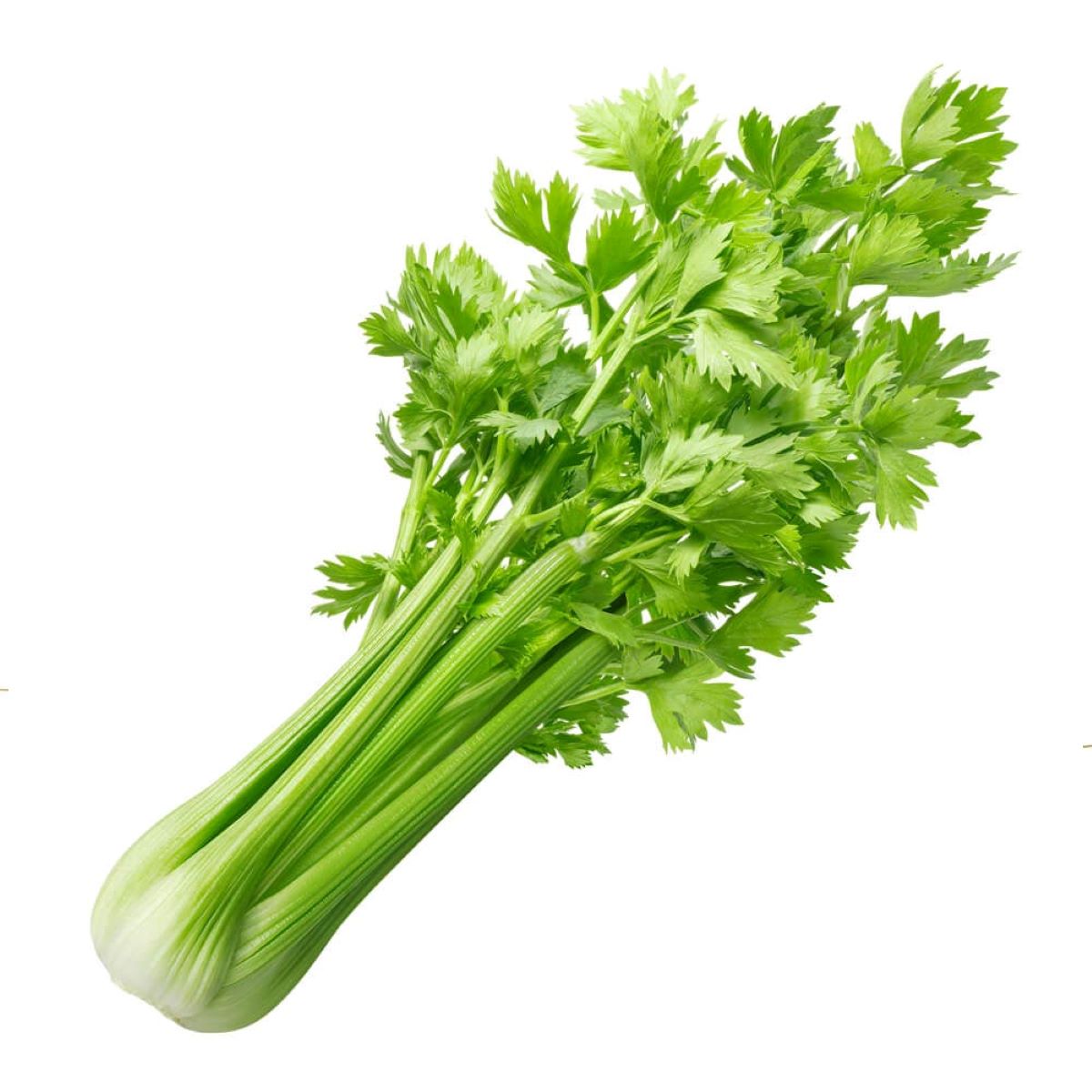
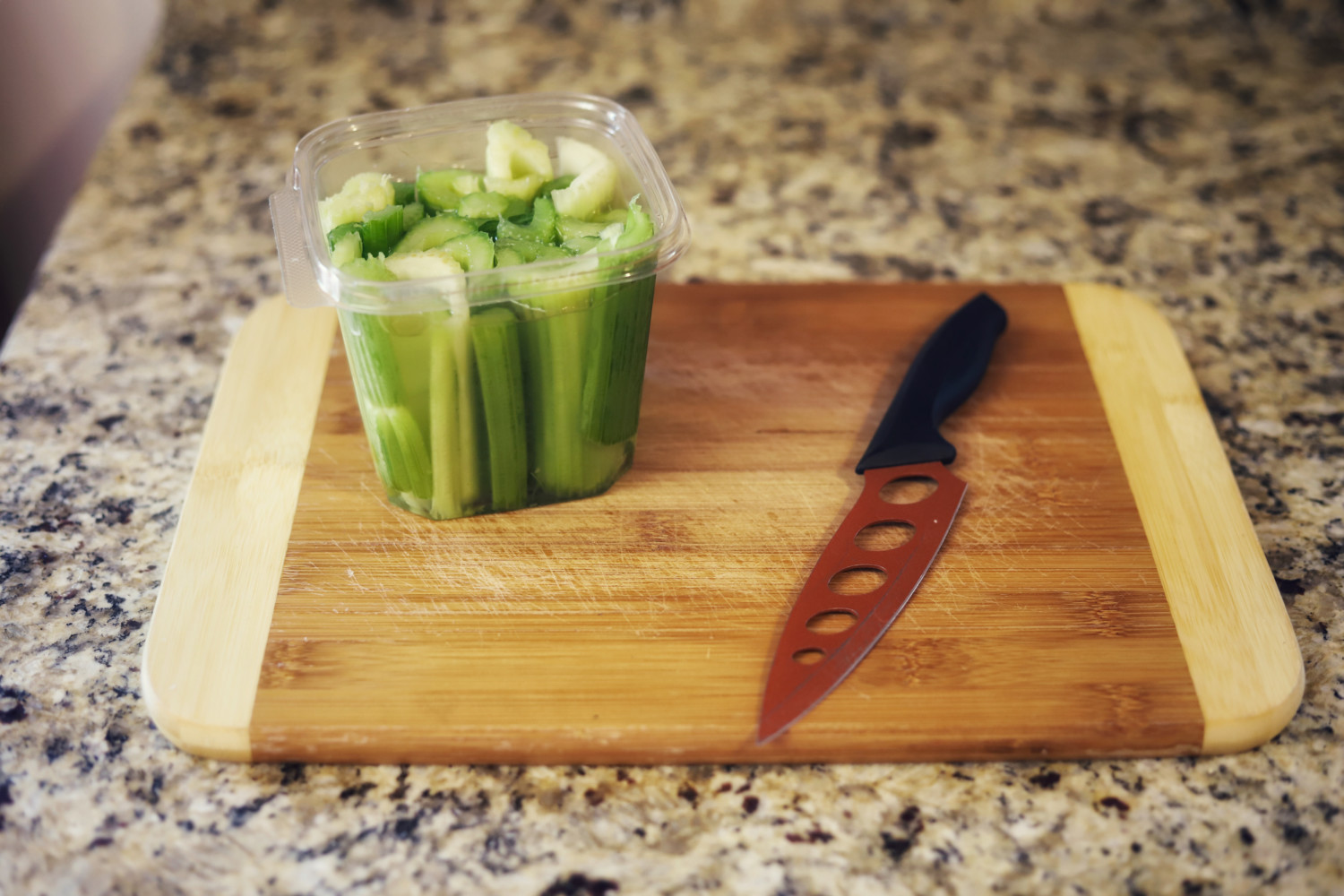

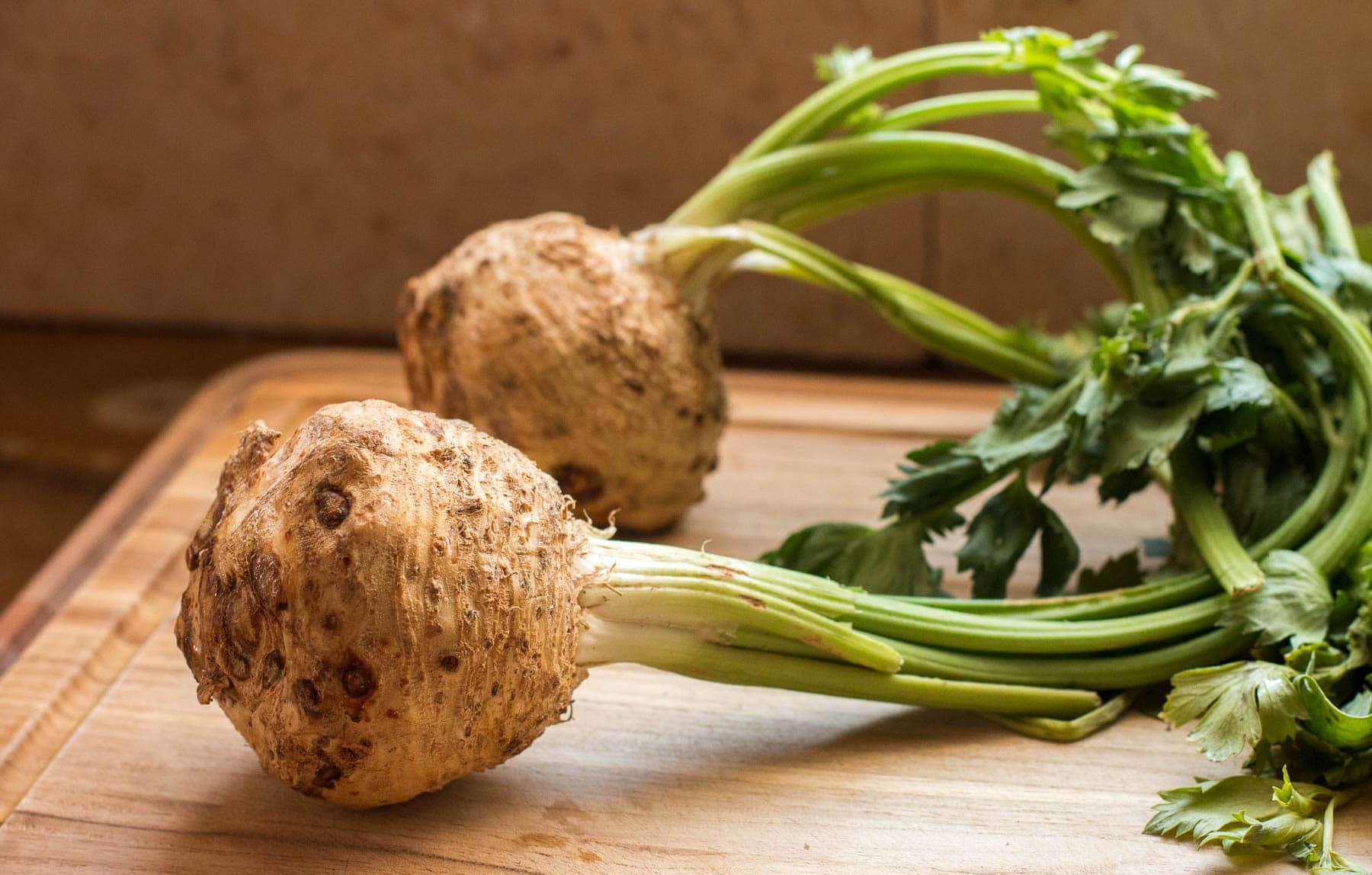
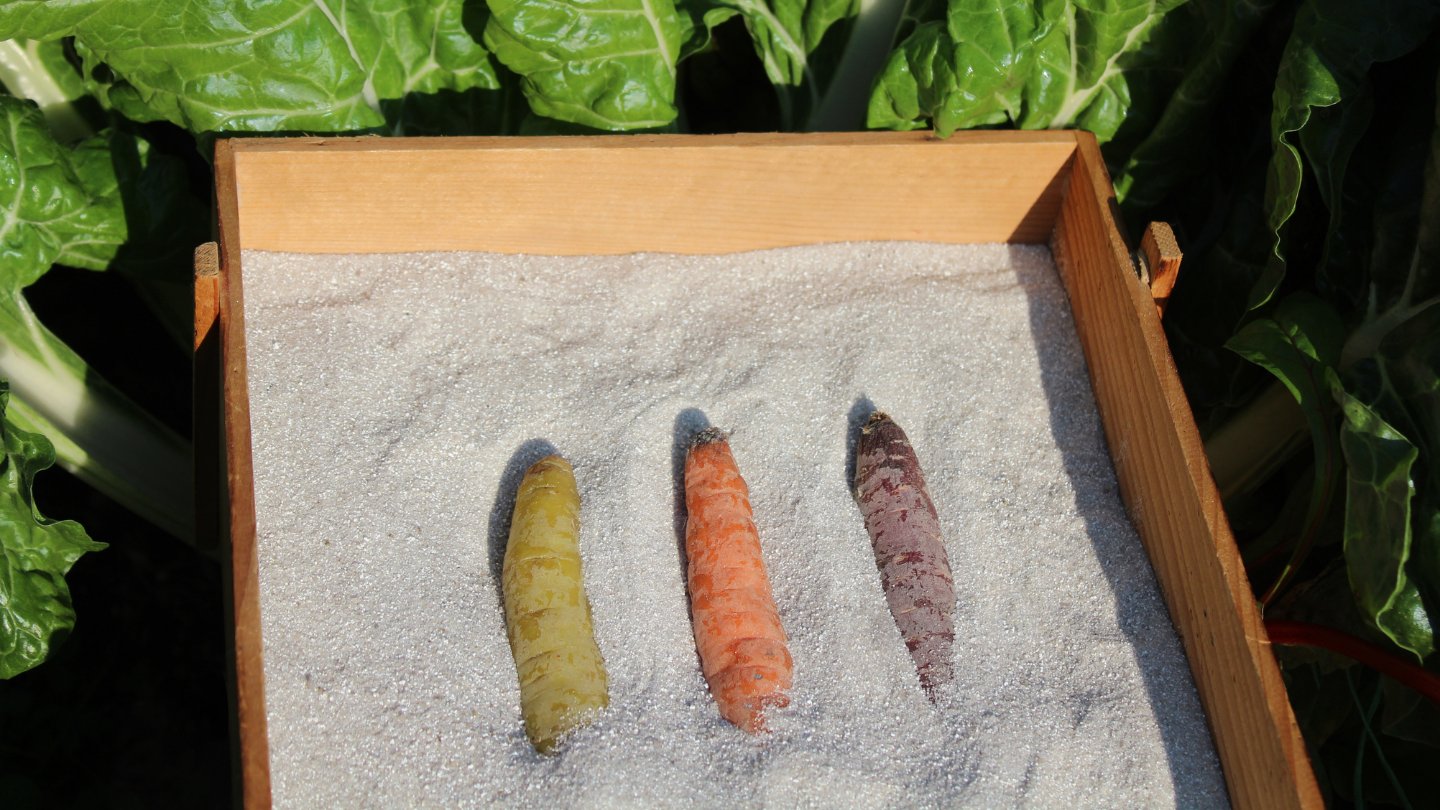

0 thoughts on “How To Store Carrots And Celery In Refrigerator”